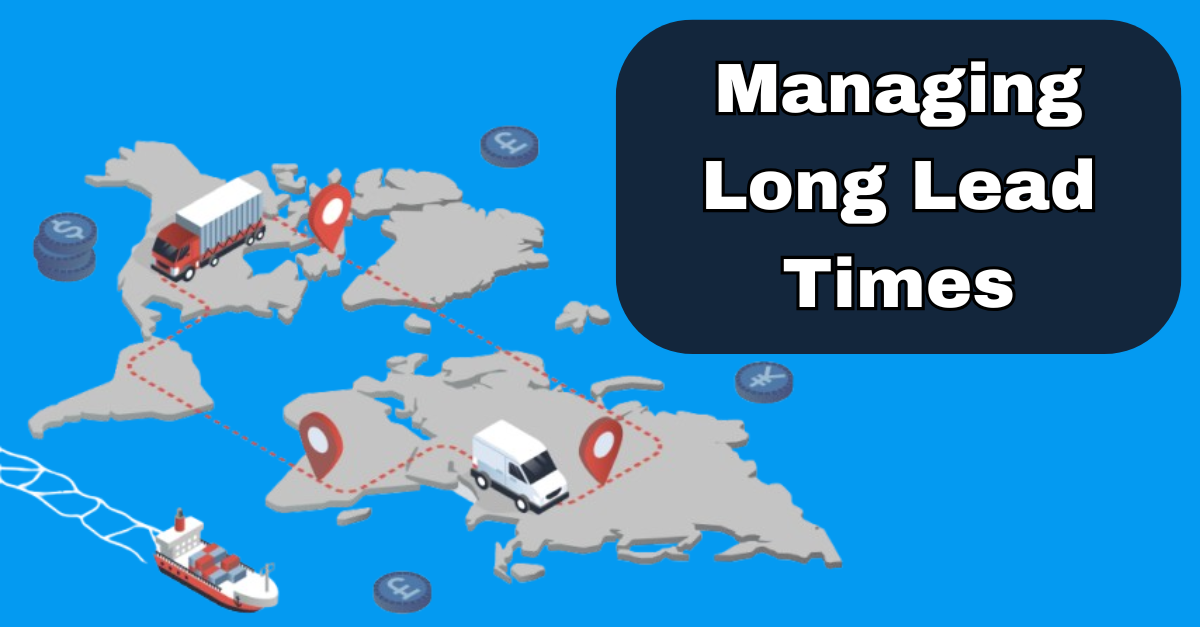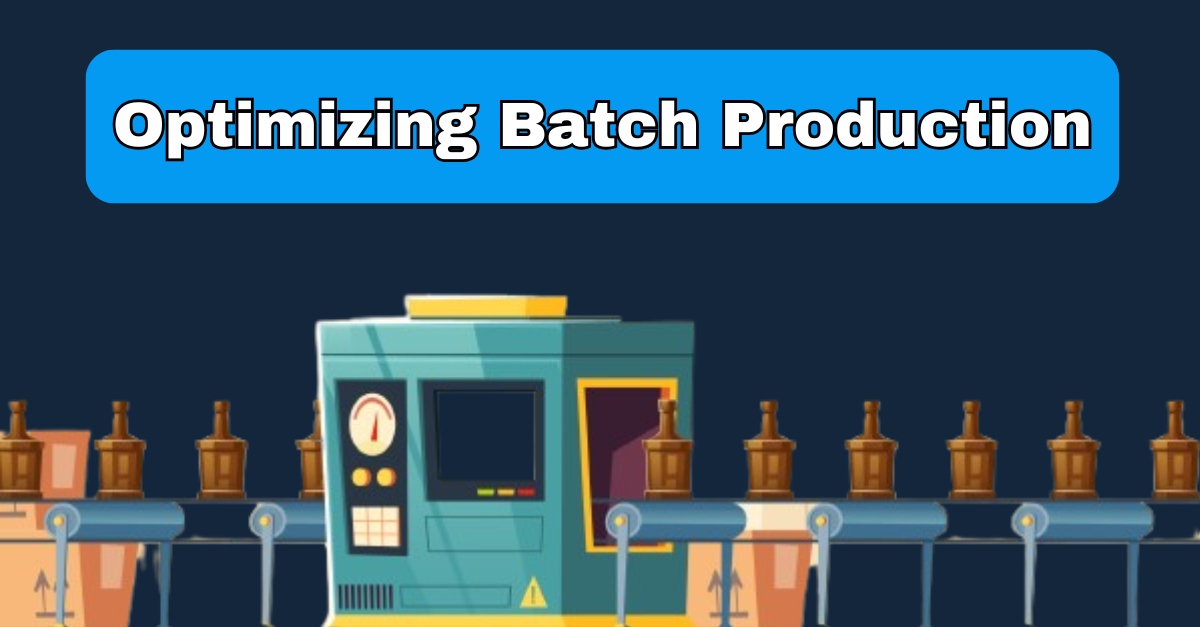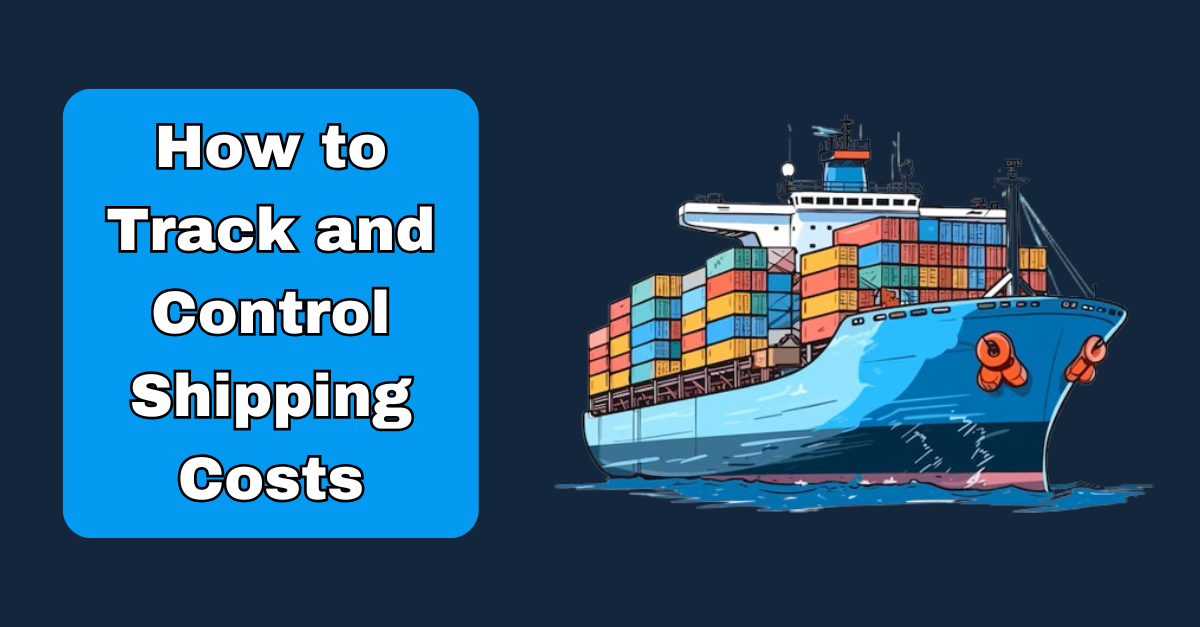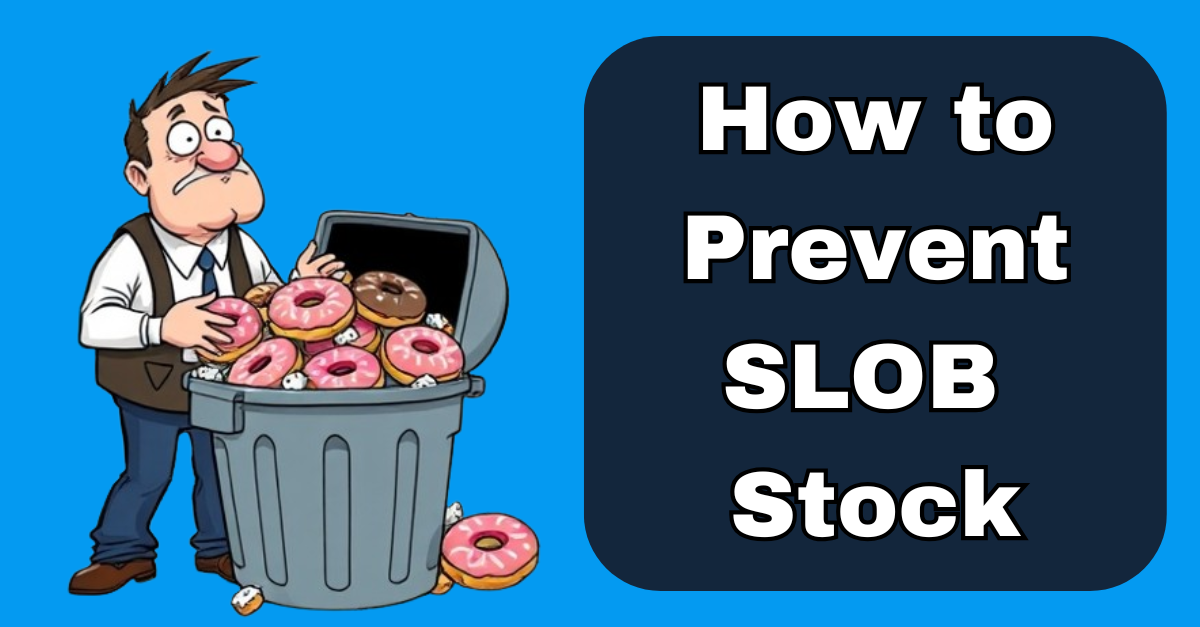Selecting the right food safety and compliance standard is critical for small to medium-sized food and beverage businesses in New Zealand. This guide aims to streamline your decision-making process by outlining key considerations and the specifics of major certification standards.
A food safety certification standard is a voluntary set of guidelines that businesses adopt to demonstrate their commitment to food safety. These standards are assessed by impartial third parties, often a prerequisite for trading partnerships with retailers or suppliers. While certification boosts credibility and marketability, it does not replace legal obligations under local food laws.
For small to medium-sized food and beverage businesses in New Zealand, knowing and meeting customer demands for food safety certification is crucial. Major customers, such as retailers and suppliers like Woolworths, Pak'nSave, Coca-Cola, New World, Four Square, BP, or Z Energy, often require specific certification standards. To navigate these requirements effectively, businesses must research and understand the exact standards expected by their key customers. If none of your customers require a specific food safety standard, review all the types, and see which one is most applicable to your business.
Overview of Major Food Safety Standards
- FSSC 22000: Integrates ISO 22000 requirements for comprehensive food safety management across the supply chain.
- ISO 22000: Focuses on hazard analysis and critical control points (HACCP), applicable to any organization in the food chain.
- BRCGS: Emphasizes quality and operational criteria essential for trading with major European retailers.
- SQF: Covers both food safety and quality management, recognized in North American and Australian markets.
- IFS: Ensures product safety and quality, particularly recognized in European markets like Germany, France, and Italy.
- GlobalG.A.P.: Targets producers in agricultural supply chains, promoting sustainable farming practices and ensuring food safety.
Implementation Steps Once a standard is selected, the implementation process typically includes:
- Gap Analysis: Assessing current practices against standard requirements.
- Documentation and Training: Developing necessary policies, procedures, and training staff on compliance.
- Certification Audit: Undergoing assessment by an accredited body to achieve certification.
Choosing the right food safety and compliance standard is pivotal for New Zealand's food and beverage businesses, ensuring adherence to safety standards, regulatory compliance, and access to global markets. By aligning with customer expectations, operational capabilities, and strategic goals, businesses can enhance credibility, competitiveness, and customer satisfaction.
Learn more - get.orderlink/compliance_management/










